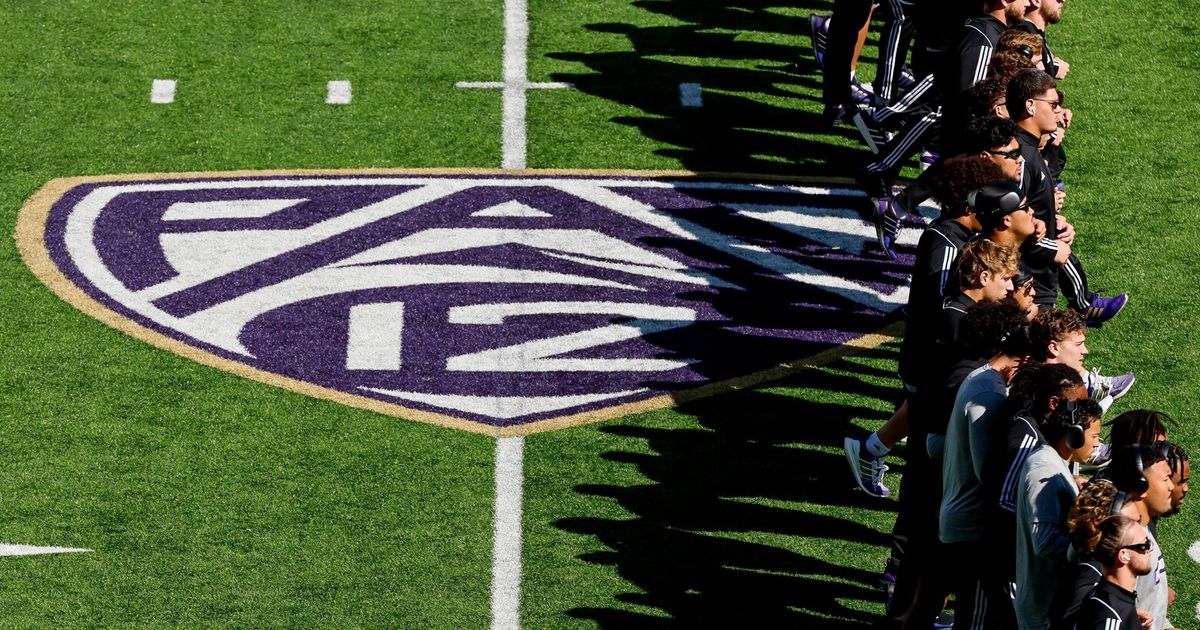No matter what the court in north carolina rules, the florida sct can says the gor violates florida public policy bc of its length.
the florida sct, not any nc court or even the US SCT can overrule the florida sct on a matter of florida law.
if that is the ruling, only FSU gets out. Miami is a private university.
of course the NC court has no incentive to rule in favor of the ACC either-UNC wants out.
the florida sct, not any nc court or even the US SCT can overrule the florida sct on a matter of florida law.
if that is the ruling, only FSU gets out. Miami is a private university.
of course the NC court has no incentive to rule in favor of the ACC either-UNC wants out.


